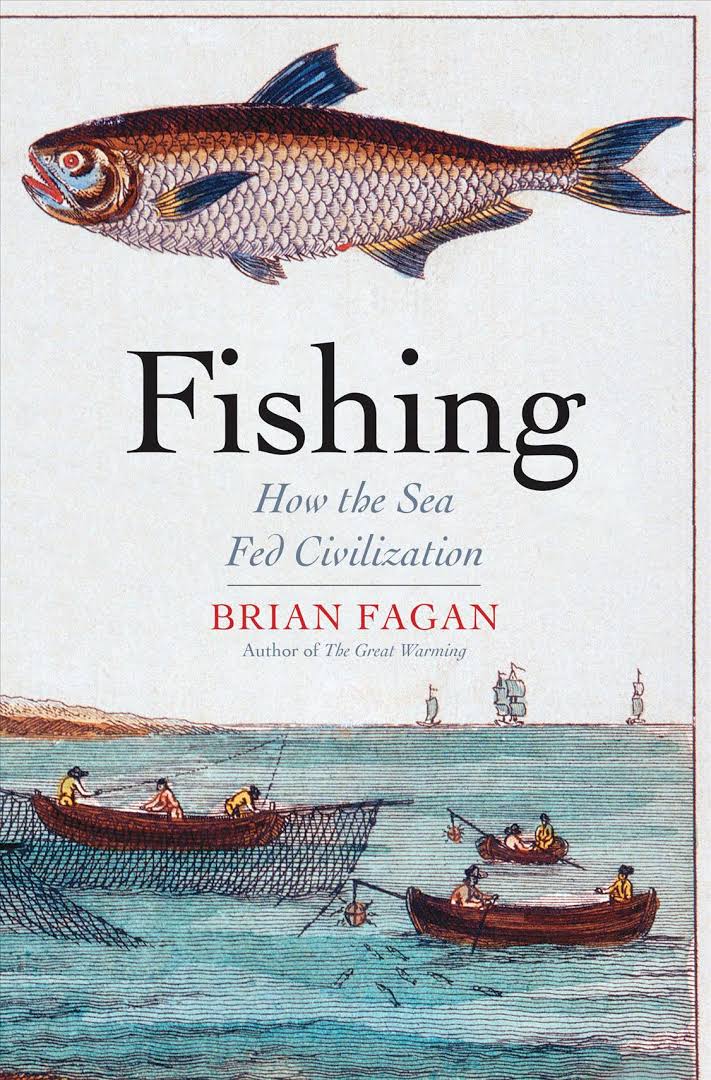Reviewed | Brian Fagan’s ‘Fishing: How the Sea Fed Civilization’
UCSB Prof Writes About Fishing and Civilization

In his latest book, Fishing: How the Sea Fed Civilization, Brian Fagan, emeritus professor at the University of California, Santa Barbara, takes the reader on a journey around the globe and back in time to show how essential fishing has been to humankind, from the earliest opportunistic collectors of shellfish to modern factory ships that serve the world’s insatiable appetite for seafood.
Early humans faced the constant threat of food shortages and malnutrition. “If we are looking,” Fagan writes, “for why humans were able to inhabit such a wide range of environments, shellfish must be a central part of the answer.” Through close observation of tides, currents, and weather, our ancestors established dependable rhythms of foraging, what Fagan refers to as “restless opportunism,” that endured for centuries.
Fagan describes how fishing societies from the Santa Barbara Channel to the Mekong Basin, the North Sea to the coast of Peru, adapted to local circumstances and climates, using available materials to fashion hooks, harpoons, nets, simple rafts, and, later, sturdy oceangoing vessels. Fishing and human ingenuity went hand in hand. The practice of fishing led to trade and discovery of new territory, and to the establishment of societies with distinct hierarchies, rituals, and customs.
Fish are the most traded commodity in the world and a vital source of nutrition for a growing population. Relentless demand and industrial fishing have led to overfishing and the depletion of fish stocks. Fagan believes that it won’t be long until nearly all of the fish consumed on earth will be farmed. Aquaculture, a strategy used by the ancient Egyptians, Romans, and Chinese, may supersede over a million years of fishing in the wild. Unless we are very diligent in our stewardship of the oceans, Fagan writes, we may find that there are no more fish in the sea.



